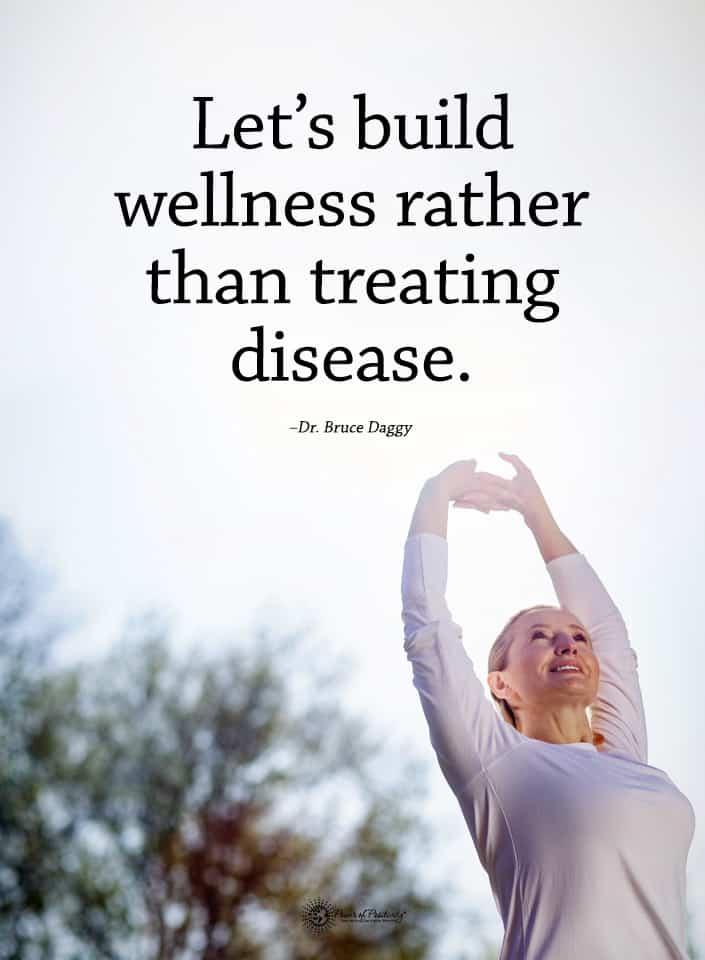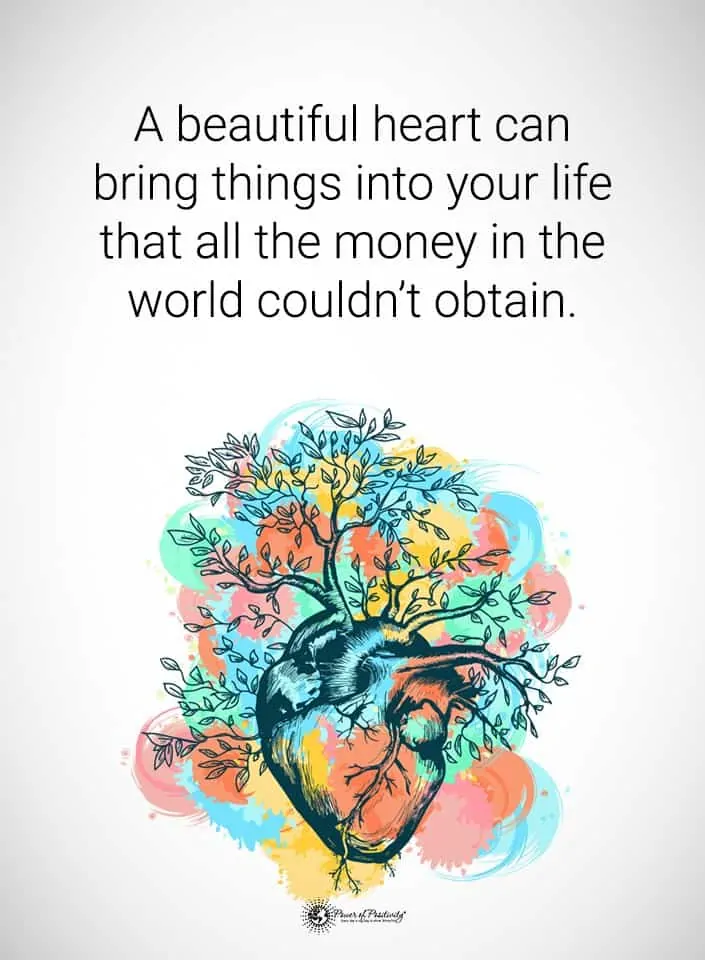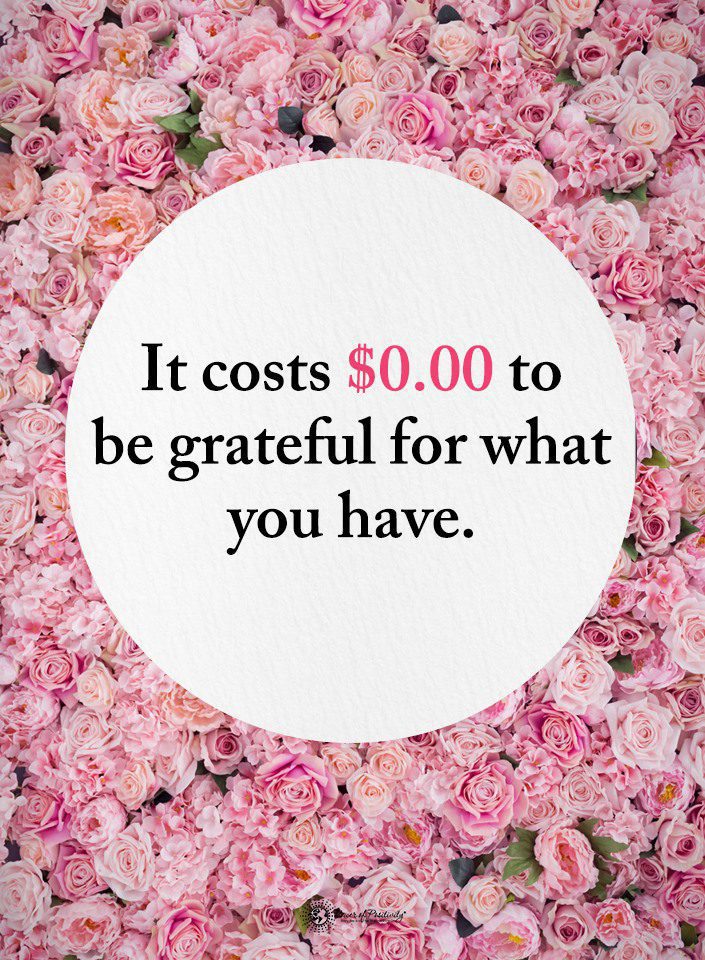Have you ever felt overwhelming familiarity and joy upon meeting someone? You may have just connected with the spirit of a partner from a past life.
Meeting someone from a past life can feel overwhelming but in a good way. More times than not, meeting someone from a past life, especially a soulmate, means you have an essential mission to complete with them during your time here on Earth.
11 Signs You’ve Met a Partner From A Past Life
1. They feel like home to you.
You finally feel understood fully and completely. You feel like you can be your goofball self around them, and they won’t judge you. In fact, they’ll embrace and accept you unconditionally. You feel totally comforted and completely looking into their eyes. You feel the same with them like you have connected with someone who knows your soul to the core.
2. Your emotions run wild when you meet them.
The person you meet draws up a wellspring of emotions within you. You can’t place it precisely, but something about the encounter felt incredibly powerful and life-changing. You feel you haven’t seen them in ages, and have suddenly crossed paths in such a surprising way. You know that you never want to let this person go when you see them again.
3. You have past life memories together.
You don’t know how or why, but you both share memories of past lives together. You might recall living in the same place, having the same occupation, or crossing paths along travels in a foreign country. You just intuitively know and remember these things, and the memories have carried over into all the lives you have shared with this person.
4. You share everything with them.
You feel that you can spill everything from your soul, unabashedly and fully, and they won’t judge you. You’ve never felt so heard and understood by someone before; they hang onto your every word, and you feel important and listened to. They make you feel comfortable baring your soul, so you do, and have never felt so alive.
5. You lose track of time with them.
You forget about the reality around them – time doesn’t mean anything when you have them at your side. Upon meeting them again, you two might spontaneously decide to catch up, and before you know it, five hours have passed. You feel so in tune and engaged with them that you easily lose track of time, space, and all of reality.
6. You feel connected, even in different places.
Even during your time apart, you feel like you have a strong connection with this person. You may have thought about them before, or seen them in a dream. You knew exactly what they looked like without ever meeting them before in this lifetime, and knew you would cross paths with them someday. Destiny decided that you two would come together again, and you heard the call long before you and your soulmate actually met.
7. You have an instant connection.
You may have felt misunderstood and alone for most of your life, but meeting them erases all those painful memories. You have an unbreakable bond with them that feels more powerful than anything you’ve felt before, and you can talk and be with them effortlessly.
Psychic Michele Knight says about past life connections: “We’ve all been in the situation where we’ve met someone new but have this immediate and deep connection – sometimes to the point of being able to anticipate what they are going to say next – or feeling as if they’ve been in our life forever. Often this can mean they have been in a spiritual sense as this kind of ‘instant karma’ we feel with certain people is exactly that. A karmic, past life connection and the level of comfort and feeling we already ‘know’ someone is merely our shared history catching up with us and playing out in this lifetime.”
8. You can communicate with them telepathically.
You may recall messages they sent you before you reconnected; this will explain why you have such a strong connection with them. Your hearts and souls have become intertwined due to your cosmic relationship. You have traveled to many places together, some in this galaxy and some very far away. No matter where you go, you can hear each other and know exactly what one another is thinking.
You may notice things like them saying something as you were thinking about it, or finishing each other’s sentences often.
9. You have a deep spiritual connection.
Your connection with them goes much deeper than just the surface; while you two have a solid physical connection, you also share the same views spiritually, emotionally, and mentally. You two balance each other out, and feel comfortable expressing yourself in all aspects and realms. You connect on a very deep level, and “get” one another. You can talk for hours, or not talk at all but still understand each other. Just sitting beside them, you feel this unbreakable bond.
10. You have never had a connection so powerful before.
You can’t recall anything that ever felt like this before. You feel in awe of their presence, so moved by their existence. It shakes you to the core, and you never want to stay the same after meeting them. Your soulmate makes you a better person, and not everyone possesses the power to bring about such a change.
11. They make you feel more like yourself.
Your soulmate should lift you up, not drag you down. Upon meeting them, you realize you feel more alive, vibrant, and full. All the empty spaces fill with light, and you notice yourself becoming lighter in spirit, too. You somehow understand yourself better once you meet them, and feel like you’ve awoken after a long, deep slumber.
















